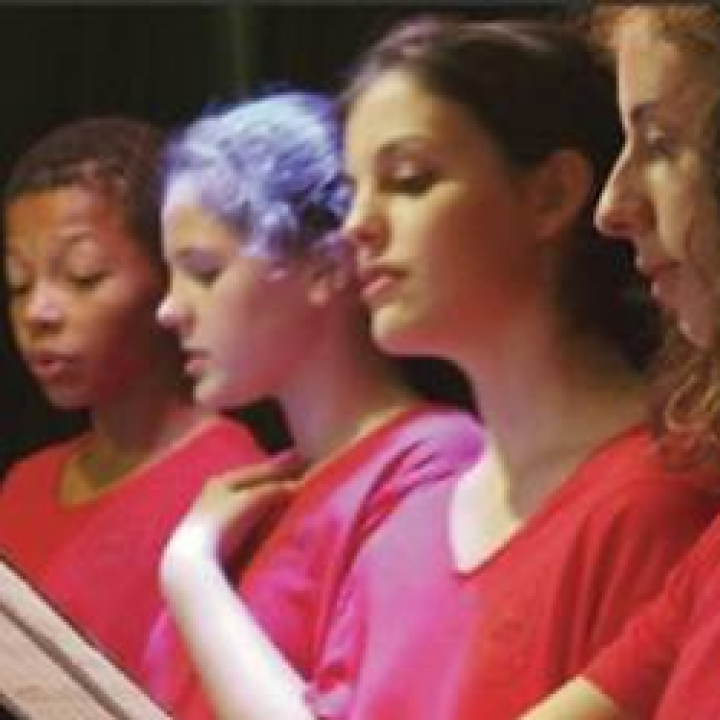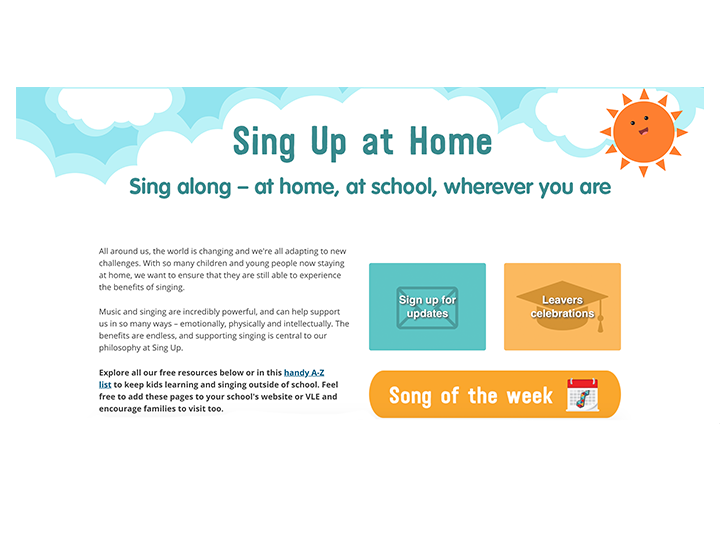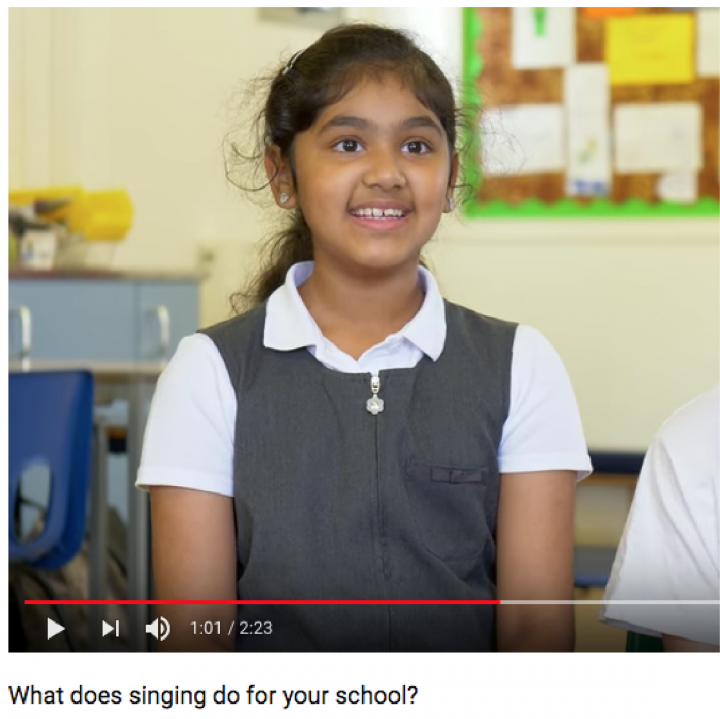
Music is the food of life, if feeds the soul, releases ‘feel good’ chemicals and affirms us. Singing is soul food; when we sing, we ourselves are the instrument.
It is a double-edged sword for all who participate. The vulnerability that comes when we sing makes us feel naked and exposed and this can both intimidate and inspire us.
Reality talent shows have had the impact of making singing a sport to be judged but at its root, singing is for all, to be enjoyed and participated in by all.
We have met and worked with just about every level of singer and enjoyed listening to them all. The satisfaction when someone sings in tune for the first time or fully engages with a lyric, or scats complex melodies for the first time is priceless. Watching a child’s self worth grow before your very eyes when they sing or perform is immensely satisfying and in schools we have not always realised the full value and potential of this.
Singing is not about making the best sound, it’s about expressing ourselves, feeling the music and also joining with others to make a bigger, more powerful, sound. Lyrics can be used to inspire us, unite us, teach us and connect us with emotions that would otherwise lay hidden.
OK, so now down to brass tacks. How do I teach a class of students to sing when I’m tone deaf? This is a question we are often asked. Here are some tips for teachers and students.
Tips for students
- Relax: when you breathe in your shoulders should be relaxed. Your tummy muscles should relax as you breathe in and tighten as you breathe out.
- Work it: the vocal cords are a muscle. The less you use them the less they work for you. Just a few minutes’ singing a day will strenghten them and begin to make a difference.
- Smile: it makes you sing more in tune and makes you look more comfortable!
- Think: look at the words and think about the story the song is describing.
- Make it up: if you have a favourite song, get the backing track and re-write the words to make your own new song. This developes your songwriting skills and gives you a chance to tell your own story.
- Sing it: use singing to help you learn facts and figures. Information can more easily be memorised in song. For instance the times tables are a lot easier to remember when sung.
What an amazing resource the human voice is. Anyone can join in and it’s FREE!! So let’s make the most of it.
Tips for teachers
- Train your ears: most people who think they are tone deaf aren’t. Most do not have a physical problem with their vocal cords but a problem with their ears. We teach ear training. You can train yourself to listen better by playing a note on the piano, really focusing in on listening to it and then trying to sing it back. If it sounds wrong, try to ascertain if you are singing too high or too low. To begin with this will take incredible focus so we advise you start with about five minutes a day maximum. After a while your tuning should improve and also you will begin to trust your ears more.
- Work your vocal cords: the vocal cords are a muscle. The less you use them the less they work for you. Just a few minutes’ singing a day will strengthen them and begin to make a difference.
- Hear yourself sing: if you are practising and you like to sing along with your CDs, don’t play them too loud. They will drown out your own voice and prevent you from really hearing what you are doing. The same goes for singing with headphones on.
- Be a song leader, not a singer: finally, it is quite possible to lead singing without singing yourself. If you are teaching a new song and have children who are very good at singing, they will pick up the melody very easily from a CD/audio track or notes played on a piano or another musical instrument. Even if you sing and muddle your way through, the strong singers in your class will pick up on what you are doing and be able to fill in the gaps for you. You could well find you are a strong song leader but not a strong singer and you can make good use of this. A song leader will call out the lines as they are about to be sung. They will encourage the singing without ever singing themselves.
- Be honest but encouraging: a general one for teachers is to encourage your pupils at all times, don’t lie to them if they have got it wrong but always look for the good, the things they have done right, the strengths they possess. This will give them a confidence base from which to grow.
Carrie and David Grant



